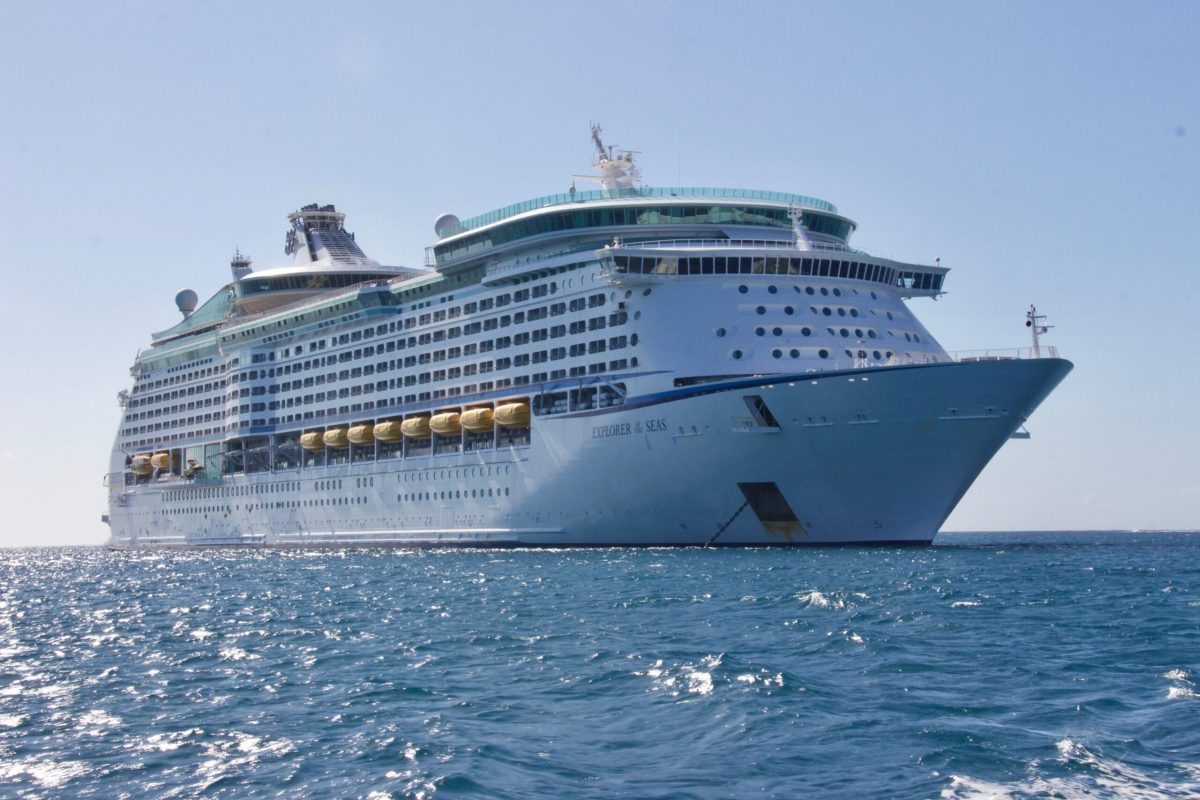In a long research of colivings around the world we have realized that they are not only focused on homestay services where community is always important, but that experiences and types of homestays are experimenting in various platforms and sharing spaces. Here are some of the examples we've seen that we definitely want to try as much as you do.
The term 'coliving' is starting to come up more and more in conversations about the future of housing. Although it is not a new and original housing model, the evolution and how we have been adapting it in recent years is taking a 180º turn. The increase in the workforce that can move around the world and still fulfill their duties, such as freelancers and digital nomads.
Coliving Spaces (The Next Coworking)
They are the spaces where you can feel at home away from home. Hotels are taking a back seat as people want to feel in a shared environment and meet more people as much like themselves, as different. And the formality of a hotel sometimes doesn't allow you to feel at home, so more and more people are looking to share spaces.
We found some spaces in Spain, where you can share spaces and resources with more than 20 people and their location allows you to go out every day to explore a new beach or a new ecological park on the Spanish coast. Communities always allow you to invite more people to share spaces, feel at home, cook and relax.
Retreats - Coliving
These types of spaces allow you to retreat from civilization and get away from all kinds of luxury to disconnect from -almost- everything. From backpacking to arriving with your three suitcases to enjoy all the comforts you are used to. This type of retreats allow you to work in communal spaces with good internet connection in the morning and then go out to explore the natural wonders.
It is the perfect excuse to get out of the routine and live with the values of sharing resources and spaces. They are aware that everyone has different needs, so they offer different types of accommodations and workspaces, from private bungalows to a common space for everyone. This is ideal for remote workers and even entire families.
Camps - Coliving.
Camps by themselves force us to share more than we are used to because resources are scarce or limited. These camping spaces, like retreats, offer different types of accommodations from spaces to set up your tent to cabins ready for you.
Organizations usually plan 10-day camps that include integration activities, workshops and talks. Participants have the opportunity to choose their activities while enjoying nature and carrying out their daily activities with a good internet connection.
Travel - Coliving.
Another way to experience coliving and the values that come with this new practice is by traveling. In each of the organizations, monthly trips and experiences are promised and carried out so that the inhabitants can explore the city, learn more about their community or even enjoy the wonders of the country they are in.
For foreigners, like nationals, it is of utmost importance to form relationships at all times, so travel and experiences take on a different meaning and open up different conversations in each of them.
Dare to try a trip full of entrepreneurs and digital nomads to connect with people from all over the world and establish relationships with them: try NomadCruise.



